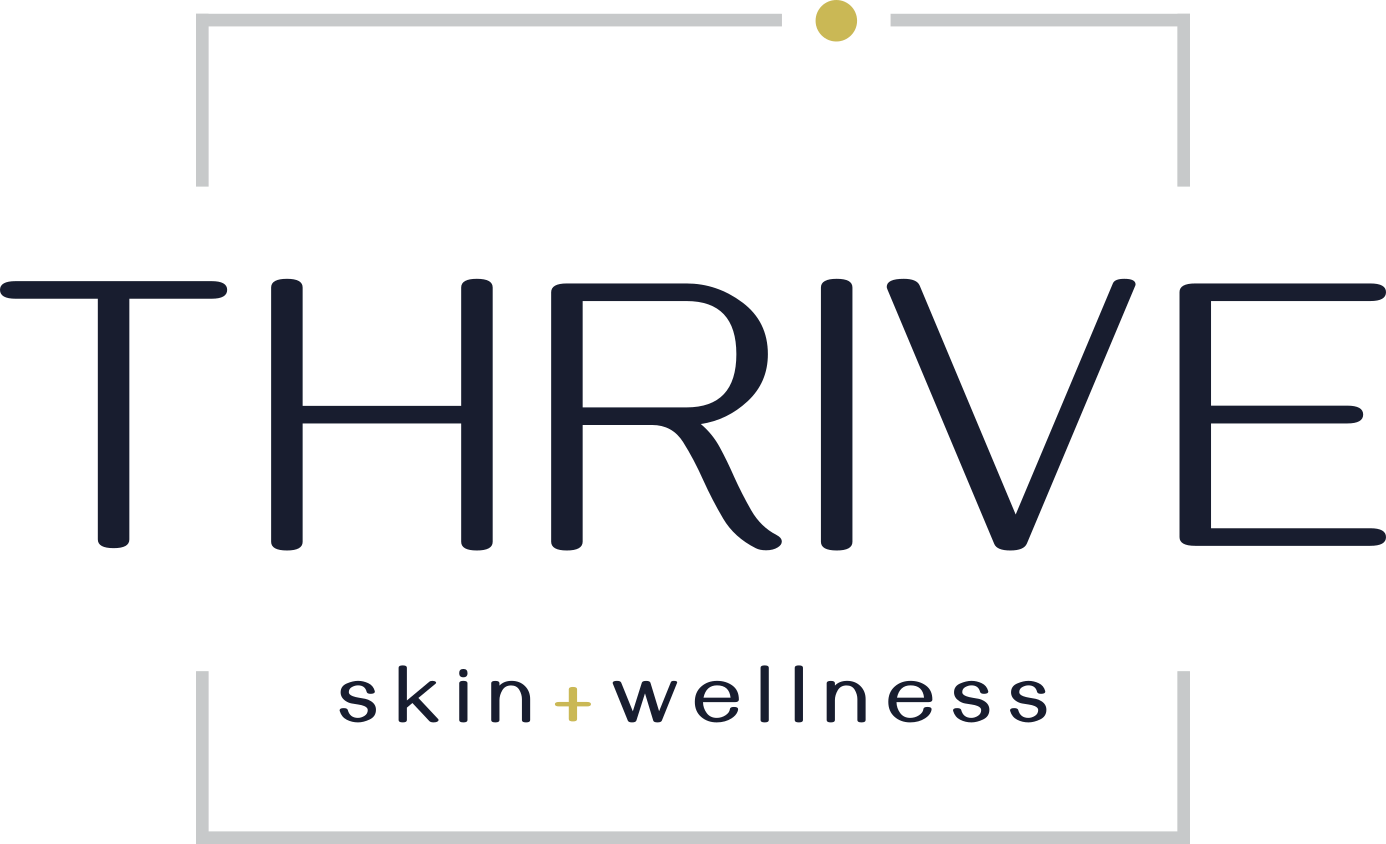Exfoliate Your Way To Skin Perfection

For exfoliation skin perfection, exfoliation needs to be an important part of your skincare regimen and can help wonderful effects on your skin. Aside from keeping your skin looking bright and fresh, exfoliation also removes old, dead skin cells.
Read on to learn more about using the right products for your skin type, how much to exfoliate, and the best ingredients to use.
Don’t Exfoliate Irritated Skin
Stop exfoliating if it has caused your skin to become over sensitive or irritated. After your skin has returned to its normal state, slowly start back exfoliating again. Exfoliating sensitive or irritated skin can damage the skin’s barrier and leave it vulnerable to environmental elements.
Know Your Skin Type
Different products may work better for you than others depending on your skin type and skin concerns. If you are unsure which treatment or products is best for you, speak to your skin specialist at Thrive Skin + Wellness for advice.
Don’t Over-Exfoliate
Contrary to what some people believe; harsh exfoliation will not result in smoother skin. But rather it can leave your skin irritated, red, and dry because over-exfoliating can damage the healthy cells.
If you use exfoliating products that contain good, quality ingredients, you will be less likely to feel the need to scrub the skin to remove the dead skin cells as the exfoliator will do its job. Including an exfoliator that contains micro beads or an exfoliating mask into your skincare routine about twice a week can keep your complexion looking healthy and bright.
Opt For A Professional Exfoliation Treatment
A professional facial or chemical peel can penetrate deeper levels of the skin than products you use at home. Professional facials and chemical peels can treat many skin concerns as well as helping the dull, dead skin cells to turnover more quickly. Our skin specialist can help you determine which treatment type is suitable for you.
Are You Ready For A Brighter Complexion?
Schedule a consultation with our skin health specialist today!
